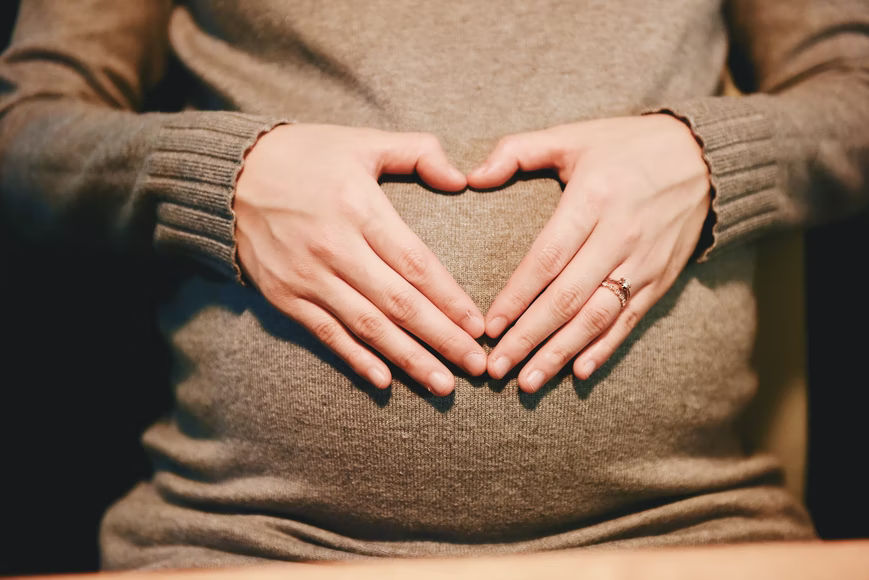The findings of a study conducted by Melbourne’s Monash University reveal the key reasons and issues behind the loss of appetite experienced by women during pregnancy.
Published in the journal ‘The Lancet Psychiatry’, the study focuses on the prevalence of anorexia nervosa, an eating disorder, in expecting women.
Women suffering from the disorder are at a heightened risk of having a stillbirth, pre-term birth, or an underweight newborn.
Anorexia nervosa is caused by restricting one’s diet, or binging and purging meals.
“Unlike mood disorders and anxiety and psychotic disorders, little guidance and research are available for anorexia nervosa in pregnancy. Perinatal mental health guidelines, including those in the UK and Australia, provide only limited or no mention of the assessment and management of eating disorders in pregnancy,” said Professor Galbally, one of the authors of the study.
Also Read: Tennis star Maria Sharapova announces pregnancy on 35th birthday
“Assessment measures used outside of pregnancy, such as the Eating Disorder Inventory, or the reliance on body mass index, have been shown to have limited validity in pregnancy,” she added.
According to the study, anorexia nervosa can impact an expecting woman’s obstetric and neonatal outcomes by lesser calorie intake, deficiencies, fasting, stress and placenta issues.
Also Read: Abortion training under threat for med students, residents
If left untreated, the eating disorder can cause anxiety and perinatal depression.
A Canadian study published in 2020 revealed that women with anorexia nervosa in pregnancy had an increased 1.32 times risk of pre-term birth, 1.69 times the risk of an underweight baby and 1.99 times the risk of stillbirth compared to other pregnant women.
Also Read: Britney Spears is pregnant with her third child; First baby with fiancé Sam Asghari
“The management of anorexia nervosa requires a multidisciplinary team approach with expertise across mental health, specialist medical care, and dietetics at a minimum; in pregnancy, key experts include obstetricians (particularly experts who manage high-risk pregnancies), physicians with pregnancy expertise, dieticians who also have expertise in pregnancy nutrition requirements, paediatricians, and mental health clinicians with perinatal expertise,” the authors suggested.
Also Read: Oklahoma approves bill making abortion illegal
“Although many of the principles developed for the management of anorexia nervosa in adults are applicable in pregnancy, they require expert modification and adaptation to the substantial physiological, psychological, and social changes in pregnancy, and foetal growth and wellbeing should also be taken into consideration,” the authors concluded.







